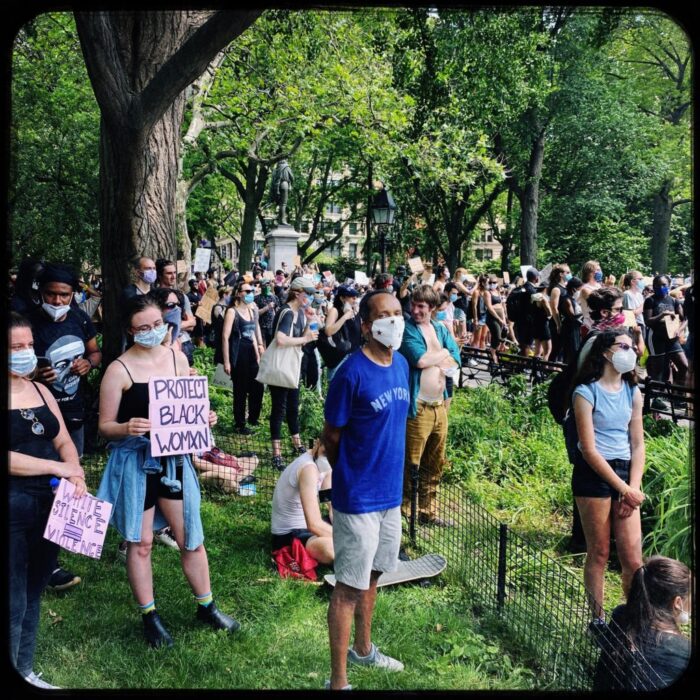Meet the Trinity Hall community
The people of Trinity Hall are the heart of our College. Our students supporting their peers across the College, University and wider community; our young apprentice staff members learning their trade; our Fellows conducting groundbreaking research.
Here we meet just a few of the wonderful people that make Trinity Hall what it is.
You can also hear from current students about their course and experience at Trinity Hall.
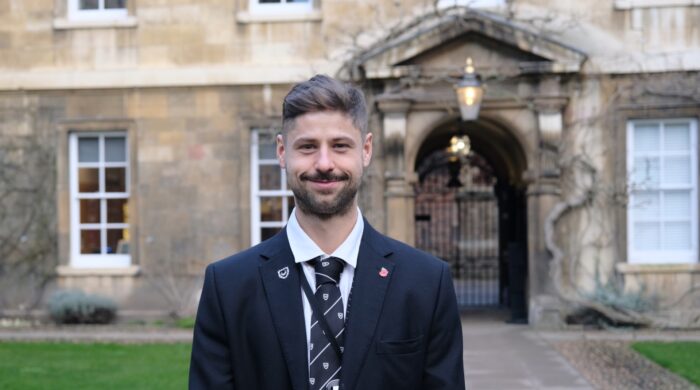
Meet Ivan Landripet: the dedicated Porter with championship strength
Find out more
A solo cycle around the UK
Find out more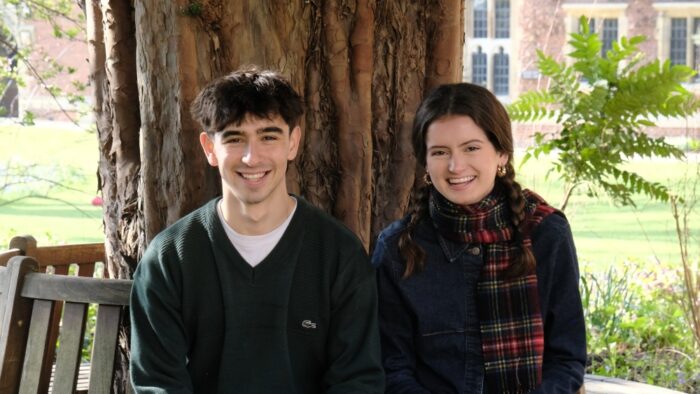
A welcome from the Trinity Hall JCR Sports Officers
Find out more
Meet Ryan Ko: our Varsity Water Polo champion
Find out more
Head Gardener celebrates 10 years of service to the Trinity Hall Gardens
Find out more
Meet our newest Varsity Rugby star
Find out more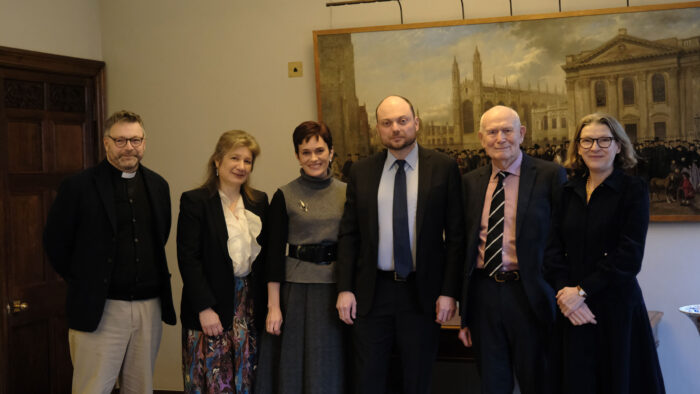
Vladimir Kara-Murza welcomed back to Trinity Hall
Find out more
Changing the future of cancer care
Find out more
History students’ outstanding work recognised
Find out more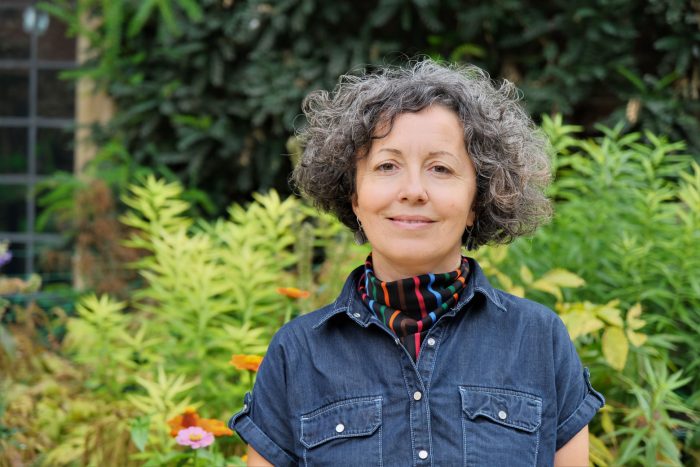
Fellow shortlisted for Women in Technology Award
Find out more
Advice from our sports societies
Find out more
Augmented reality, cobots, sunken mines and start-ups
Find out more
Society Focus: Trinity Hall Chapel Choir
Find out more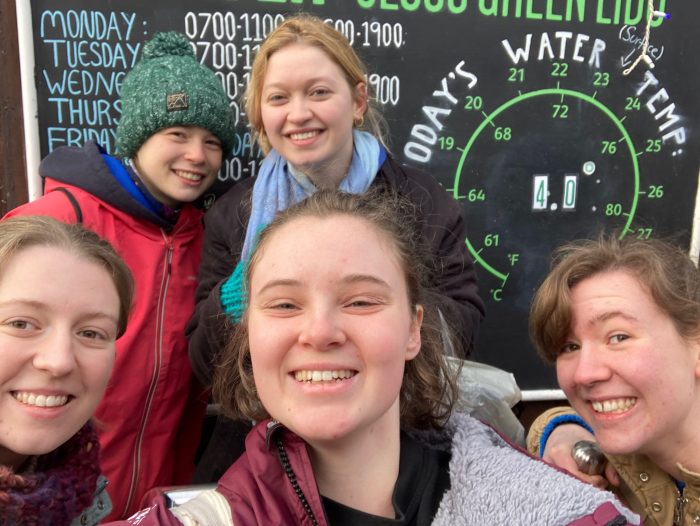
Society Focus: The Trinity Hall Cold Water Swimming Society (Orcas)
Find out more
Meet Russell Waller, Head of Buildings and Services
Find out more
Dorothy Burrowes
Find out more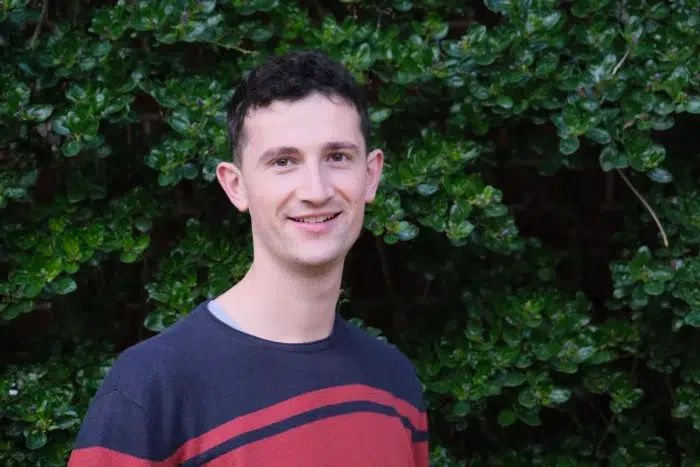
Meet Jordi Ferrer Orri who uses microscopes to help fight climate change
Find out more
Karen Paul – A lawyer’s love for theatre
Find out more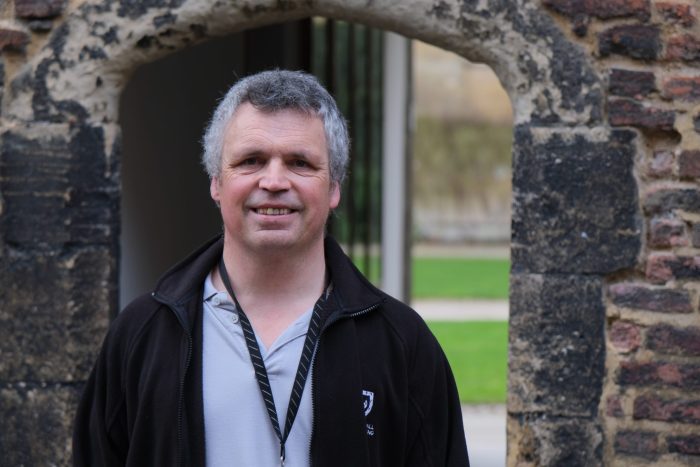
The bedmaker who writes crime fiction
Find out more
Alumni Officer celebrates 20th anniversary at Trinity Hall
Find out more
Levonne De Freitas, Manciple
Find out more
Abisola Omotayo, alumna
Find out more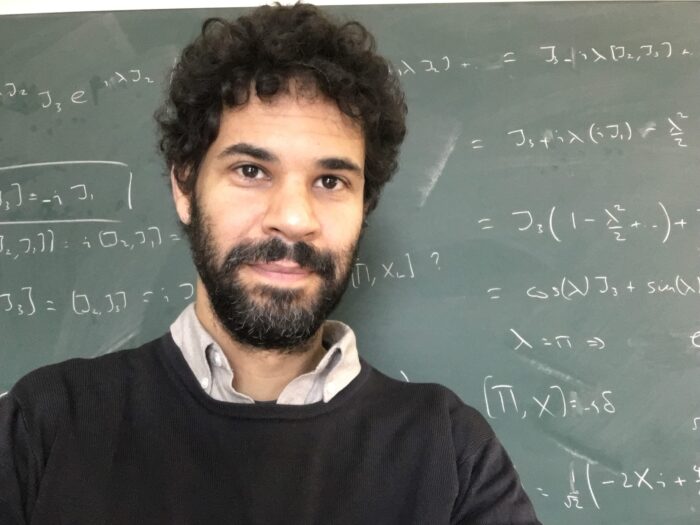
Dr Ron Reid-Edwards, Fellow in Mathematics
Find out more
Diekara Oloruntoba-Oju, alumna
Find out more